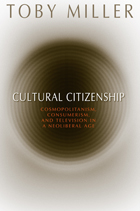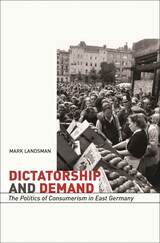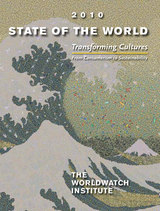

An investigation into the politics of consumerism in East Germany during the years between the Berlin Blockade of 1948-49 and the building of the Berlin Wall in 1961, Dictatorship and Demand shows how the issue of consumption constituted a crucial battleground in the larger Cold War struggle.
Based on research in recently opened East German state and party archives, this book depicts a regime caught between competing pressures. While East Germany's leaders followed a Soviet model, which fetishized productivity in heavy industry and prioritized the production of capital goods over consumer goods, they nevertheless had to contend with the growing allure of consumer abundance in West Germany. The usual difficulties associated with satisfying consumer demand in a socialist economy acquired a uniquely heightened political urgency, as millions of East Germans fled across the open border.
A new vision of the East-West conflict emerges, one fought as much with washing machines, televisions, and high fashion as with political propaganda, espionage, and nuclear weapons. Dictatorship and Demand deepens our understanding of the Cold War.


Sturken contends that a consumer culture of comfort objects such as World Trade Center snow globes, FDNY teddy bears, and Oklahoma City Memorial t-shirts and branded water, as well as reenactments of traumatic events in memorial and architectural designs, enables a national tendency to see U.S. culture as distant from both history and world politics. A kitsch comfort culture contributes to a “tourist” relationship to history: Americans can feel good about visiting and buying souvenirs at sites of national mourning without having to engage with the economic, social, and political causes of the violent events. While arguing for the importance of remembering tragic losses of life, Sturken is urging attention to a dangerous confluence—of memory, tourism, consumerism, paranoia, security, and kitsch—that promulgates fear to sell safety, offers prepackaged emotion at the expense of critical thought, contains alternative politics, and facilitates public acquiescence in the federal government’s repressive measures at home and its aggressive political and military policies abroad.
READERS
Browse our collection.
PUBLISHERS
See BiblioVault's publisher services.
STUDENT SERVICES
Files for college accessibility offices.
UChicago Accessibility Resources
home | accessibility | search | about | contact us
BiblioVault ® 2001 - 2024
The University of Chicago Press









